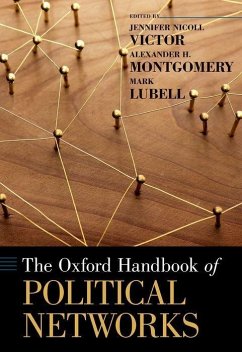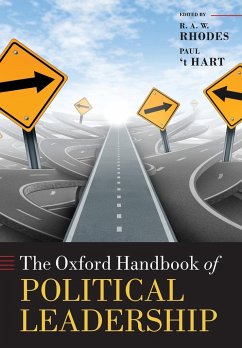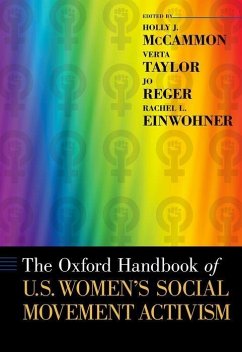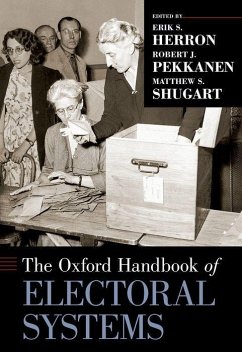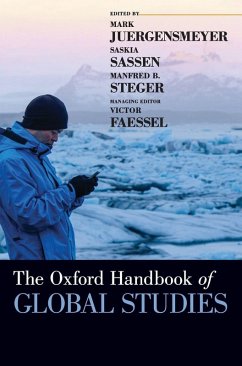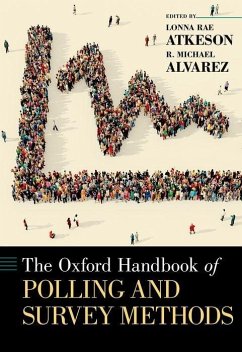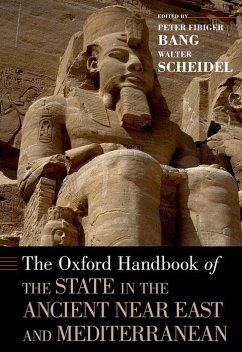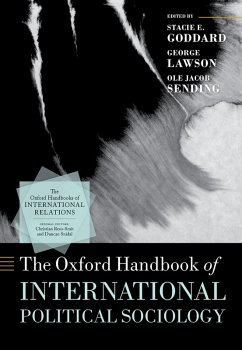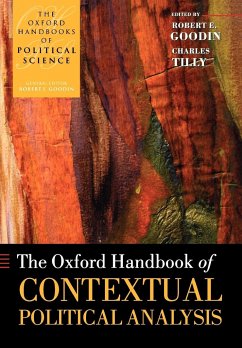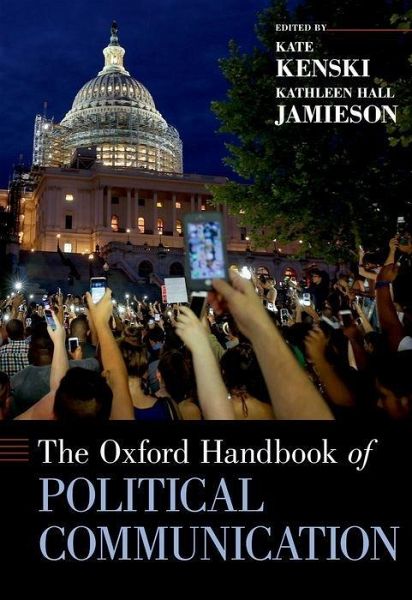
Oxford Handbook of Political Communication

PAYBACK Punkte
106 °P sammeln!
Since its development shaped by the turmoil of the World Wars and suspicion of new technologies such as film and radio, political communication has become a hybrid field largely devoted to connecting the dots among political rhetoric, politicians and leaders, voters' opinions, and media exposure to better understand how any one aspect can affect the others. In The Oxford Handbook of Political Communication Kate Kenski and Kathleen Hall Jamieson bring together leading scholars, including founders of the field of political communication Elihu Katz, Jay Blumler, Doris Graber, Max McCombs, and Tho...
Since its development shaped by the turmoil of the World Wars and suspicion of new technologies such as film and radio, political communication has become a hybrid field largely devoted to connecting the dots among political rhetoric, politicians and leaders, voters' opinions, and media exposure to better understand how any one aspect can affect the others. In The Oxford Handbook of Political Communication Kate Kenski and Kathleen Hall Jamieson bring together leading scholars, including founders of the field of political communication Elihu Katz, Jay Blumler, Doris Graber, Max McCombs, and Thomas Paterson, to review the major findings about subjects ranging from the effects of political advertising and debates and understandings and misunderstandings of agenda setting, framing, and cultivation to the changing contours of social media use in politics and the functions of the press in a democratic system. The essays in this volume reveal that political communication is a hybrid field with complex ancestry, permeable boundaries, and interests that overlap with those of related fields such as political sociology, public opinion, rhetoric, neuroscience, and the new hybrid on the quad, media psychology. This comprehensive review of the political communication literature is an indispensible reference for scholars and students interested in the study of how, why, when, and with what effect humans make sense of symbolic exchanges about sharing and shared power. The sixty-two chapters in The Oxford Handbook of Political Communication contain an overview of past scholarship while providing critical reflection of its relevance in a changing media landscape and offering agendas for future research and innovation.




